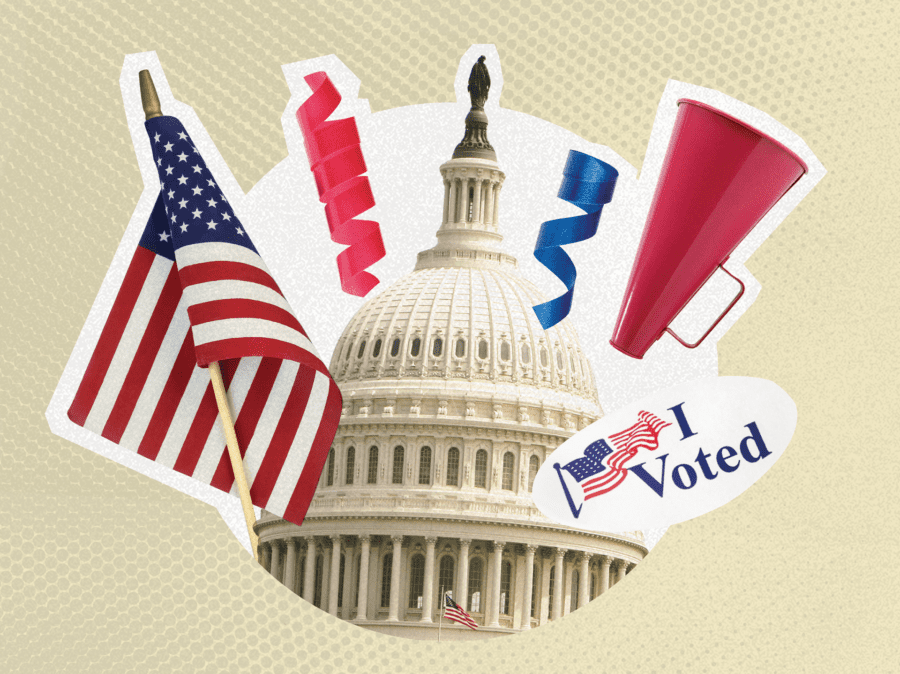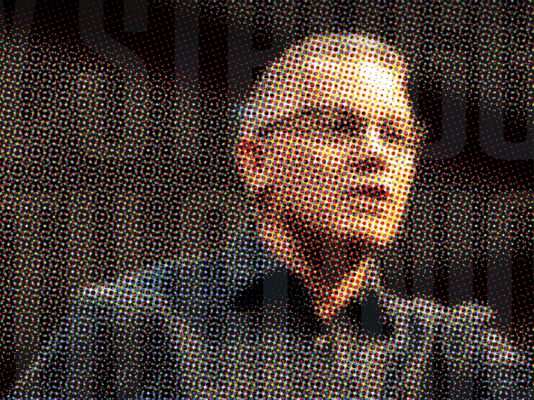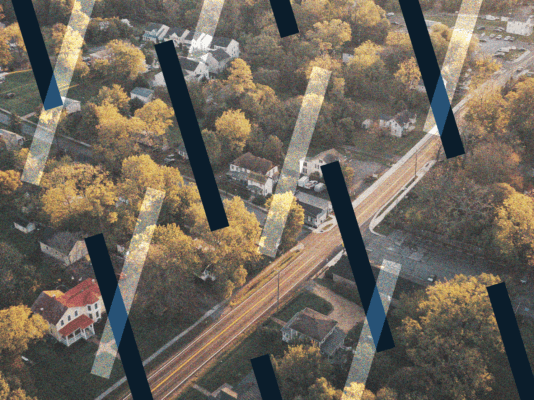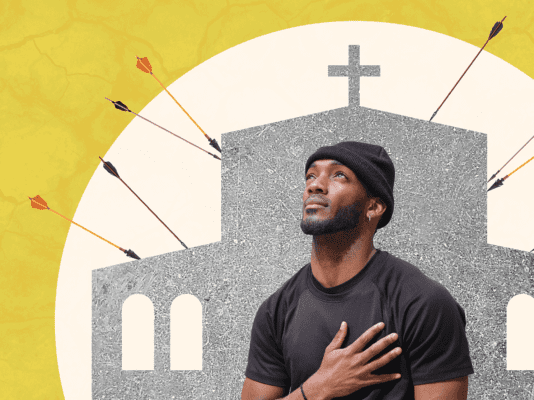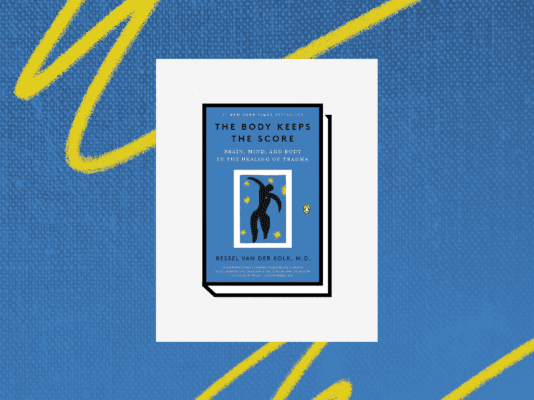The last 35 years have featured the advent of the first 24-7 news channel (CNN), the introduction of competing channels such as Fox News and MSNBC, the movement toward news with a more explicit ideological identity, the explosion of internet publishing, and then the astonishing growth of social media. Given the massive technological changes that have affected politics, it should not be surprising that it feels as though we are constantly buffeted by the waves of competing messages aiming to secure our attention, activity, and loyalty.
All of this disruption has had its impact on our church bodies. Some time ago, a woman in my local church approached me and tearfully explained how painful political conflict had been for her family and for her Sunday school class. I am sure that many of us share her distress, which raises the question: can we think better about politics as Christians and treat one another better in the process?
Cultivating civic virtue
One of the first things we can do is to remember that we are fallen, sinful creatures. That means that we have a tremendous tendency to see our own opinions and actions in the best light possible, while we look at what others are thinking and doing and judge them without charity.
For years, I have worked with an organization called Braver Angels. One of the things we do is gather “reds” and “blues” for a facilitated conversation about politics. Interestingly, we have often used a marriage and family counselor to help the two sides be fair to one another. Before the conversation begins, the “blues” assume the “reds” are racists who don’t believe in science. The “reds” think the “blues” are commie snowflakes without any common sense.
But when the two sides speak to each other in an honest way with the help of the facilitator, they tend to see things differently. They don’t come to agreement. That’s not the goal. However, they do learn more about the people on the other side and the reasons they have for their positions.
I would call this ability to stay focused on our fellow citizens as human beings like ourselves and not as cartoon supervillains a kind of civic virtue. Christians have a natural advantage in developing this virtue if they will remember what the Bible tells us about our sinful nature and about the inherent dignity and value of every person.
Back in 2020, I was struck by something that happened when I interacted with a liberal congregation at the invitation of a friend who is a liberal pastor with left-wing politics. In the name of reducing political tension, he interviewed me over Zoom (this was the COVID-19 period) in front of his church members. I answered his questions for quite some time when one of the female audience members began to weep. She wasn’t crying because she loved my answers or because she was angry.
Instead, she wept because of how much tension she’d felt before the event. She explained that she had been afraid and had expected me to be some kind of monster. Though she didn’t agree with me, she did feel a sense of relief as she listened to me talking about my beliefs. The fear and tension she felt before the event shows what we are doing to each other politically. She and many others have been harmed by the irresponsibility of it.
How our faith directs our policy
Another critical point we need to consider has to do with the degree to which our faith obviously directs our politics in terms of policy. While there are certain lines that can be drawn clearly—such as the sanctity of life and the nature of marriage—the simple fact is that most of what we deal with in politics comes down to prudence and wisdom. Accordingly, we should extend more grace and recognize that others often have good reasons even if we don’t consider them ultimately convincing.
Consider issues such as immigration, the environment, taxes, the size of government, education, and a host of others. We can debate these things at great length. Why? The answers are often not immediately obvious. Loving our neighbor matters in the context of politics, but much of loving our neighbor has to do with figuring out how we can accomplish the common good.
We won’t do our best work seeing and accomplishing the common good through propaganda campaigns. I have always been a small-government, low-tax conservative, but as a person who has spent my life thinking and reading about politics and public policy, it is also clear to me that there are real and legitimate reasons and concerns driving the thinking and work of those who disagree with me.
The best thing that can happen is that we have honest conversations instead of wasting our time constantly demonizing each other and trying to gain some kind of public relations advantage.
The nature of government
There are other important considerations, too. For example, we should think harder about the essential nature of government. Several years ago, one of President Obama’s political allies described government as “the things we choose to do together.” Such a portrayal is altogether too flippant and casual. It completely misunderstands the kind of thing government is and the stakes that are involved.
A good social scientific description of government is that it is the institution in society which possesses a legal monopoly on the use of coercive violence. Read that sentence again, carefully. We are not talking about a game. We are talking about the most powerful social and physical force invested in the hands of men and women.
When we deal with politics, then, we should approach the subject with the greatest sobriety and a strong sense of the stakes involved. It is entirely inappropriate to treat politics and government as though these things are the stuff of college football where we cultivate silly hatreds and rivalries. Politics lies on other side of war. If we want to talk about loving our neighbor, let’s think about being very careful before we apply the force of government against them.
We do need this power of government, though. Martin Luther saw it is a gift God gives us to restrain the evil men would do in the world. But again, the stakes are incredibly high. When we deal with political power, we are handling nitroglycerin. So, handle it with care.
Politics are not ultimate
Because of our tendency to make politics ultimate, we guard against irresponsible uses of politics by not getting too wrapped up in it. David Koyzis has pointed out that ideologies end up being idolatrous because they take something, whether it be freedom, equality, or some other value, and elevate it above our love and faithfulness toward God.1David Koyzis, “Political Visions & Illusions: A Survey & Christian Critique of Contemporary Ideologies,” IVP Academic. May, 2003. We see it all the time in the Church among both young and old.
There are many people who become intoxicated with political personalities and causes to the extent that it is clear they are more excited about the gospel of this nationalist, that woke campaigner, or this political conspiracy theorist than they are about the gospel of Jesus Christ. The result is tremendous division within a body that should be thoroughly united in its first love.
James K.A. Smith has noted that when we become too focused on creating a better society, we can very easily lose any focus on Christian supernaturalism.2James K.A. Smith, “Desiring the Kingdom: Worship, Worldview, and Cultural Formation (Cultural Liturgies),” Baker Academic. August, 2009.
With only a little reflection, I think many of us can see that politics exerts that kind of gravity on our attention. It should be no surprise that politics often serves as a motive for those engaging in a “deconstruction” of their faith.
The most significant political statement
Finally, I want to share something I’ve been thinking about more and more as I age. I was an unusual child in that I had a strong interest in politics early in life. I can remember Watergate and Vietnam on the television news and also watching the Ford-Carter election returns as I sat on the sofa next to my mother. The whole panorama of politics and public policy has always captured me.
So, I write this essay as much for myself as others. In doing so, I find myself reflecting on the desire of the Israelites for a king and God’s response to them in 1 Samuel 8. While he does not endorse their desire for a king, he does give them what they want in their yearning to be like the other nations. But, when we look at the history of the kings of Israel and Judah in the books of Kings and Chronicles, it is not encouraging. If we were to list out the monarchs and categorize them, the great majority would be failures. Even the best, David, made a spectacularly deadly, tragic, and sinful mistake in his dealings with Bathsheba and her husband, Uriah.
It seems to me that one of the lessons we should learn as we reflect back on that sad history is that Jesus is the only king worthy of the name. Our response should be to focus more and more on him and upon God as the true source of authority and less upon ourselves and the promises others offer.
The most significant political statement we can make is that Jesus Christ is the King.
The 20th century was the most deadly century in the history of humankind. It also happens to be the century in which hundreds of millions of human beings put their hopes in secular messiahs who promised to bring about utopias. In the process, as many as 100 million people died, not because of war, but because of disastrous political and social schemes designed to bring the millennium.
Sinful, fallen human beings will not make a paradise of the Earth through the use of force. Rather, we should follow the Prince of peace and do everything we can to make him known to the nations. Ultimately, every knee will bow and every tongue will confess, but it will not be because we created and implemented the perfect political plan. It will be because of Christ’s love and his undeniable status as Lord.



